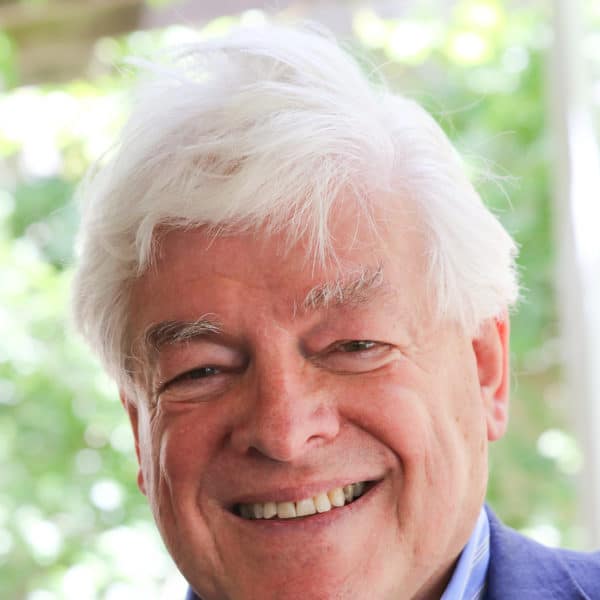Endocrine disruptors are chemicals that interfere with the body’s hormonal system, adversely affecting reproduction, neurology and immunology in humans and animals. Numerous substances have been identified as disruptors, including pharmaceuticals, dioxin and related compounds, polychlorinated biphenyls, DDT and other pesticides, and plastics components such as bisphenol A (BPA). Rachel Carson’s 1962 book Silent Spring significantly raised public awareness of health threats posed by insecticides, effectively launching the environmental movement. The Environmental Protection Agency (EPA) was established following Carson’s testimony before the US Congress and in 1972 the EPA introduced a ban on agricultural use of DDT in the USA as one of its first major interventions, Similar bans were progressively introduced in other countries and a worldwide ban took effect in 2004. DDT is an endocrine disruptor and its metabolite DDE acts by blocking androgen receptors. DDT and DDE have been implicated in various medical conditions, including breast cancer and other reproductive cancers, male infertility, miscarriages and low birth weight, and developmental delay. Although problems with DDT are seemingly a thing of the past, various endocrine disruptors that mimic oestrogens (e.g. BPA, phthalates, natural phytoestrogens) pose new health risks. In a re-run of the battle over DDT, industrial interests are actively opposing limitations on use of oestrogen mimics. Apparently, little was learned from the DDT case. The aim of my inherently interdisciplinary project is to explore the background to the DDT debate prior to the bans in comparison with current public debate and assessments surrounding oestrogen mimics.

